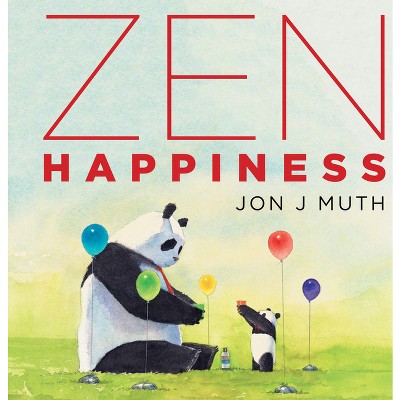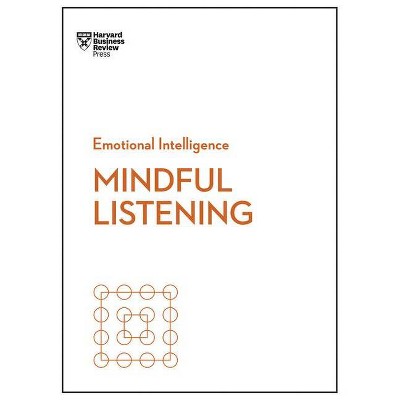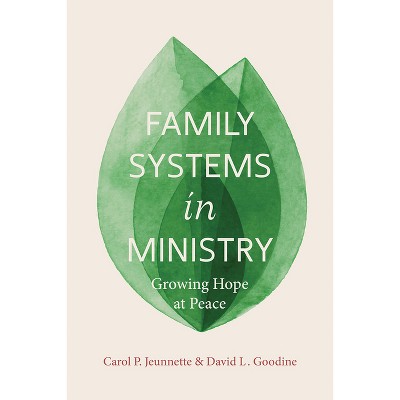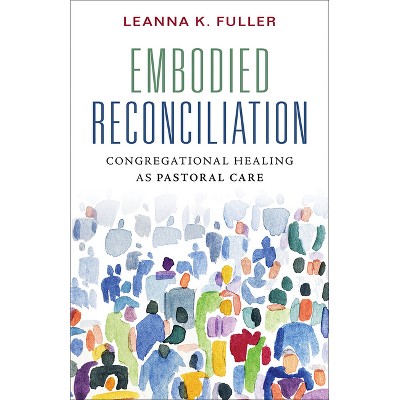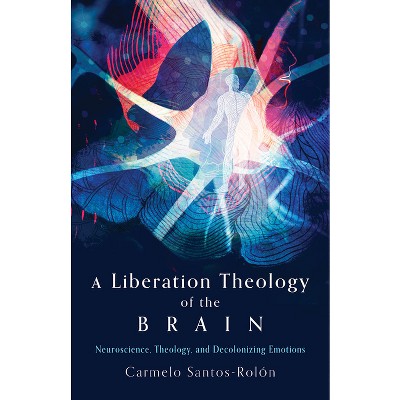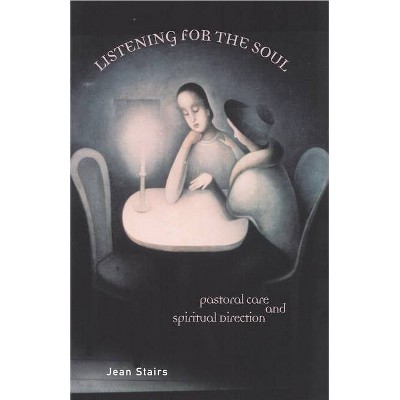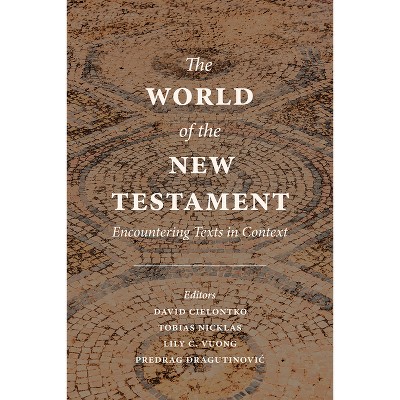Sponsored

Listening for Liberation - by Melinda A McGarrah Sharp (Paperback)
Pre-order
Sponsored
About this item
Highlights
- Pastoral and spiritual care is shifting toward intercultural and decolonial models.
- Author(s): Melinda A McGarrah Sharp
- 200 Pages
- Religion + Beliefs, Counseling
Description
About the Book
The practice of spiritual care is shifting toward intercultural and decolonial models. However, Mindy McGarrah Sharp argues that the field's tools to equip practitioners for such work are lagging behind. In Listening for Liberation, McGarrah Sharp helps fill the gap so that practitioners can engage with more expansive care models of listening.Book Synopsis
Pastoral and spiritual care is shifting toward intercultural and decolonial models. However, Mindy McGarrah Sharp argues that the field's resources to help practitioners develop skills for doing decolonial work are lagging behind. In Listening for Liberation, McGarrah Sharp helps fill the gap so that practitioners can engage with more expansive care models, using the foundational practice of listening.
Listening for Liberation extends the skill of listening beyond interpersonal arrangements and biological hearing. McGarrah Sharp argues that listening in this broader context comprises a set of expansive, layered practices that discern what liberation is and what it requires for the long term. While nearly every spiritual care, pastoral care, or social justice practice accurately locates listening as a starting point, most practices focus on devotional listening or interpersonal listening in one-on-one or small group settings. While honoring these foundational layers of listening, Listening for Liberation moves beyond them to attend to institutional, intercultural, and intersectional listening. In addition to listening that supports meaning-making and interpersonal care, Listening for Liberation provides resources for listening that supports organizational competencies for spiritual care.
This book is ideal for professors and supervisors in theological education, clinical pastoral education, chaplaincy education, and lay spiritual care training. Scholars or practitioners in adjacent fields who are committed to decolonial practices will also find Listening for Liberation to be a go-to resource.
Shipping details
Return details
Frequently bought together
Trending Non-Fiction








